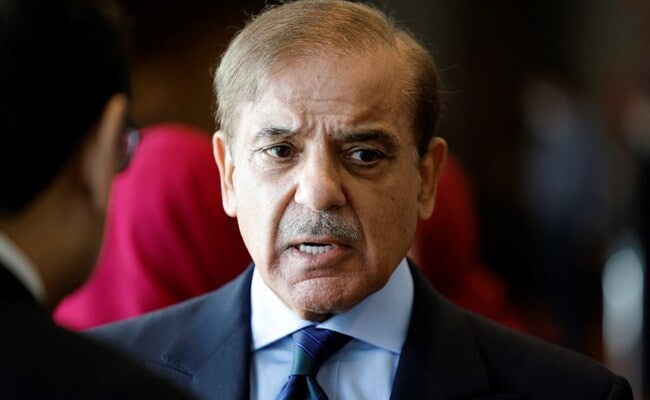The recent ceasefire between India and Pakistan, following Operation Sindoor targeting terrorists, has raised eyebrows due to conflicting statements from various nations involved. The ceasefire was initiated after a phone call from the Pakistani Director General of Military Operations to his Indian counterpart, requesting an immediate ceasefire.
However, the announcement of the ceasefire led to differing narratives from the United States, Pakistan, India, and China. President Donald Trump took credit for brokering the ceasefire, a claim that was refuted by India. China, on the other hand, reportedly expressed displeasure with Pakistan for engaging with the US first, instead of reaching out to Beijing.
Amidst the confusion, Pakistan released two sets of statements – one acknowledging the ceasefire and another allegedly at the behest of China, praising Islamabad’s restraint. China, in turn, credited itself for the ceasefire, claiming that its foreign minister’s talks with officials from both India and Pakistan helped deescalate the situation.
India, on the other hand, responded to the ceasefire request from Pakistan, cautioning against further misadventures and laying down conditions for the ceasefire, including zero-tolerance for terror activities. The bilateral agreement for a ceasefire was announced by India’s foreign secretary, who emphasized that all diplomatic actions against Pakistan would remain in place.
Despite President Trump’s claim of using trade as a tool to convince India and Pakistan to agree to the ceasefire, India’s foreign ministry refuted this, stating that trade was not mentioned in any of the discussions with US officials. The ceasefire remains in effect, with both countries committed to maintaining peace and stability in the region.







